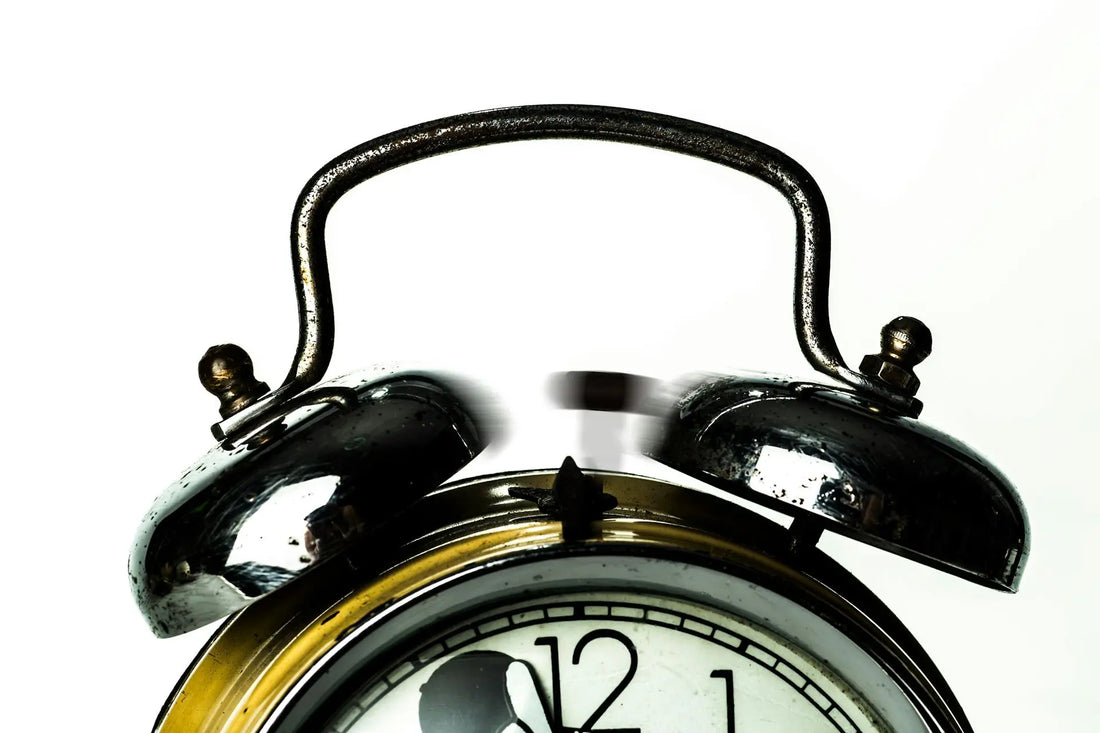
What is the best time to sleep and wake up?
In an ideal world, you would have the luxury of going to bed early and waking up early, well rested for a productive day. However, certain obligations, such as work responsibilities or childcare, can make it difficult to apply the " early to bed, early to rise " philosophy.
There are two important aspects to consider when it comes to sleep : the amount of sleep you get and the consistency of your sleep schedule. Going to bed early ensures that you get adequate rest and makes it easier to fall asleep. Getting enough sleep regularly is also crucial to preventing potential health impacts .
If you're looking to improve your sleep routine, consider the following tips to get optimal sleep .
Best hours of sleep
Ideally, you should go to bed early and wake up early in the morning. This pattern corresponds to our biological tendency to adjust our sleep rhythm to that of the sun . You may naturally feel more sleepy after the sun goes down.
The exact time you should go to bed depends on what time you wake up in the morning, as well as how much sleep you need each night.Maximize your sleep with our alarm clocks

How our Circadian Rhythm Works
Circadian Rhythm describes the brain's natural internal clock for sleep and wake cycles. It's like our biological clock .
Everyone experiences periods of decreased alertness and times of increased energy during the 24-hour day. The two most likely times to fall asleep are between 1 and 3 p.m. and between 2 and 4 a.m. The better the quality of your sleep, the less likely you are to experience daytime sleepiness .
Circadian rhythm also determines the times you go to bed and wake up. Once you get into the habit of going to bed and waking up at the same time every day , your brain will adapt to this schedule. Eventually, you will fall asleep easily at night and wake up without any problems just before your alarm time.
Your circadian rhythm may be disrupted if you have irregular work schedules or go to bed at different times during the week. This can lead to periods of daytime sleepiness.

How much sleep do we need?
Most experts recommend that adults get at least 7 hours of sleep per night. Here's a breakdown of the average recommended sleep duration by age:
| Age | Recommended sleep duration |
|---|---|
| 0-3 months | 14-17 hours in total |
| 4-12 months | 12-16 hours total |
| 1-2 years | 11-14 hours total |
| 3-5 years | 10-13 hours total |
| 6-12 years old | 9-12 hours total |
| 13-18 years old | 8-10 hours total |
| 18-60 years old | At least 7 hours per night |
| 61-64 years old | 7-9 hours per night |
| 65 years and over | 7-8 hours per night |
Side effects of lack of sleep
If you suffer from daytime sleepiness, it indicates that you are not getting enough sleep at night . You may also be prone to accidents, irritability, and memory lapses.
Not getting enough sleep regularly can also have long-term health consequences, such as:
- Increased frequency of diseases
- High blood pressure
- Diabetes
- Heart disease
- Obesity
- Depression
Side effects of too much sleep
While the side effects of a lack of sleep have long been known, researchers are now interested in the health consequences of too much sleep .
You may be sleeping too much if you need more than 8 to 9 hours of sleep regularly, or even extra naps.
Sleeping too much can cause the same side effects as sleeping too little, including:
- Depression
- Irritability
- Cardiovascular problems
However, these effects are not always due to sleeping too much . Getting too much sleep than you need may be a sign of an underlying health problem.
Here are some of the possibilities
- Anxiety
- Depression
- Sleep apnea
- Parkinson's disease
- Diabetes
- Heart disease
- Obesity
- Thyroid disorders
- Asthma
When should I sleep?
The best time to go to bed at night is a time when you can meet the sleep recommendations for your age group .
You can determine the bedtime that works best for your schedule by taking the time you need to wake up in the morning and counting back 7 hours .
For example, if you have to wake up at 6 am, you should consider going to bed before 11 pm.
It’s also essential to find a sleep schedule that you can stick to every night , even on weekends. If you stay up late and sleep in on the weekends, you’ll have a hard time getting back on track during the work week.
To remember
Overall, it's better to go to bed earlier at night and wake up earlier each day. However, this type of sleep schedule doesn't work for everyone.
It is much more important to make sure that you are getting enough sleep and that your sleep is good quality. You can ensure this by going to bed and waking up at the same time every day .
See a doctor if you have trouble falling asleep at night or if you continue to experience daytime sleepiness despite a regular bedtime schedule . This could indicate sleep quality issues, which may warrant further evaluation.






